Microsoft has most likely broken the law with its Teams bundle, says the European Commission
Microsoft has yet to answer to the statement.
3 min. read
Published on
Read our disclosure page to find out how can you help Windows Report sustain the editorial team. Read more
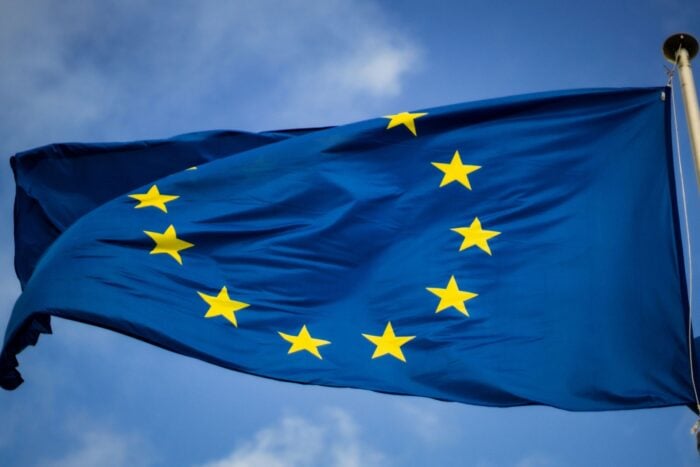
A sudden twist in the tech world’s plot: the European Union is scrutinizing Microsoft for possibly crossing a border with its Teams bundles. Picture this scene: it’s July 2023, and the European Commission, like a referee in the tech industry, decides to observe Microsoft.
They were interested in whether it was fair, according to EU antitrust laws, that Microsoft bundled its Teams online meeting and collaboration service with other productivity services, such as Microsoft 365.
If we jump to the present, the European Commission shares its initial thoughts, and it appears that they think Microsoft possibly overstepped a boundary. Bundling Teams, with its main productivity services, could be seen as creating an obstacle to competition, making it harder for rival companies that offer similar products to stay in business.
To tackle these worries, Microsoft stated in October 2023 that it would provide Teams as a separate service across most parts of Europe, and by April, this was introduced globally (Microsoft’s Teaming Up With Others). On the other hand, the European Commission implies that this decision has not completely resolved their worries.
Margrethe Vestager, a prominent person in the European Commission recognized for her position in competition policy, voiced concerns about Microsoft’s method possibly providing Teams an unjust benefit compared to similar services.
We are concerned that Microsoft may be giving its own communication product Teams an undue advantage over competitors, by tying it to its popular productivity suites for businesses. And preserving competition for remote communication and collaboration tools is essential as it also fosters innovation on these markets. If confirmed, Microsoft’s conduct would be illegal under our competition rules. Microsoft now has the opportunity to reply to our concerns.
Margrethe Vestager
This is important because a competitive environment encourages creativity—especially for remote communication and collaboration tools. If Microsoft’s behavior regarding its Teams bundle is found to violate competition rules in Europe, it may be subject to penalties that could potentially result in fines equal to 10% of its yearly global revenue.
Microsoft, in response, also shows a readiness to cooperate. Brad Smith, the President of Microsoft, recognizes the feedback and tells about their commitment to finding remedies that will tackle the remaining worries of the Commission. However, the European Commission has not given a specific time when they will announce their final decision yet.
This story raises many questions about the equilibrium between providing complete productivity solutions and maintaining a fair market. It hints at how big technology companies have to carefully manage their path of creativity while following rules set by regulators.
It will be fascinating to observe how Microsoft adjusts as this tale progresses and what it says for the upcoming days in digital collaboration tools.
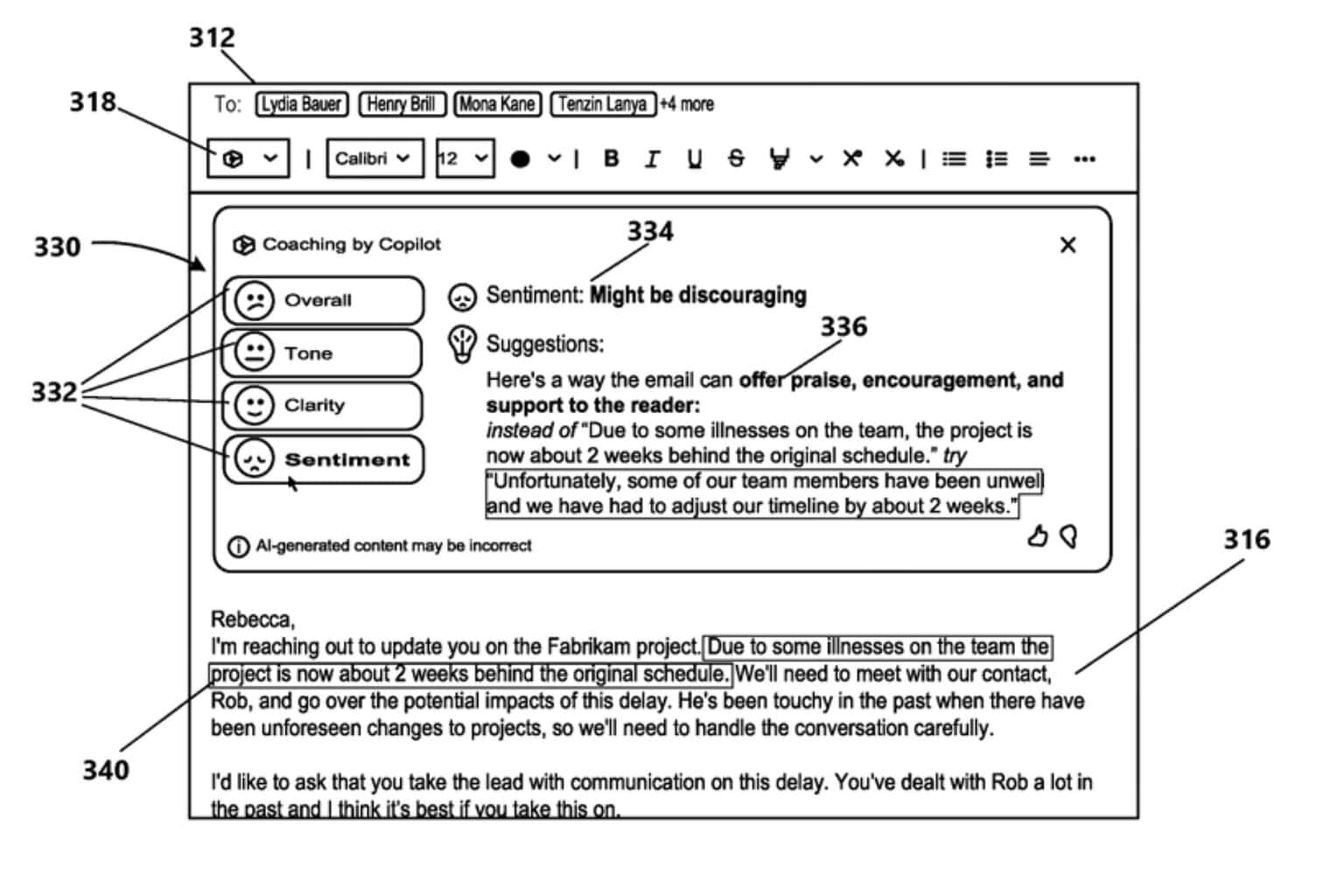
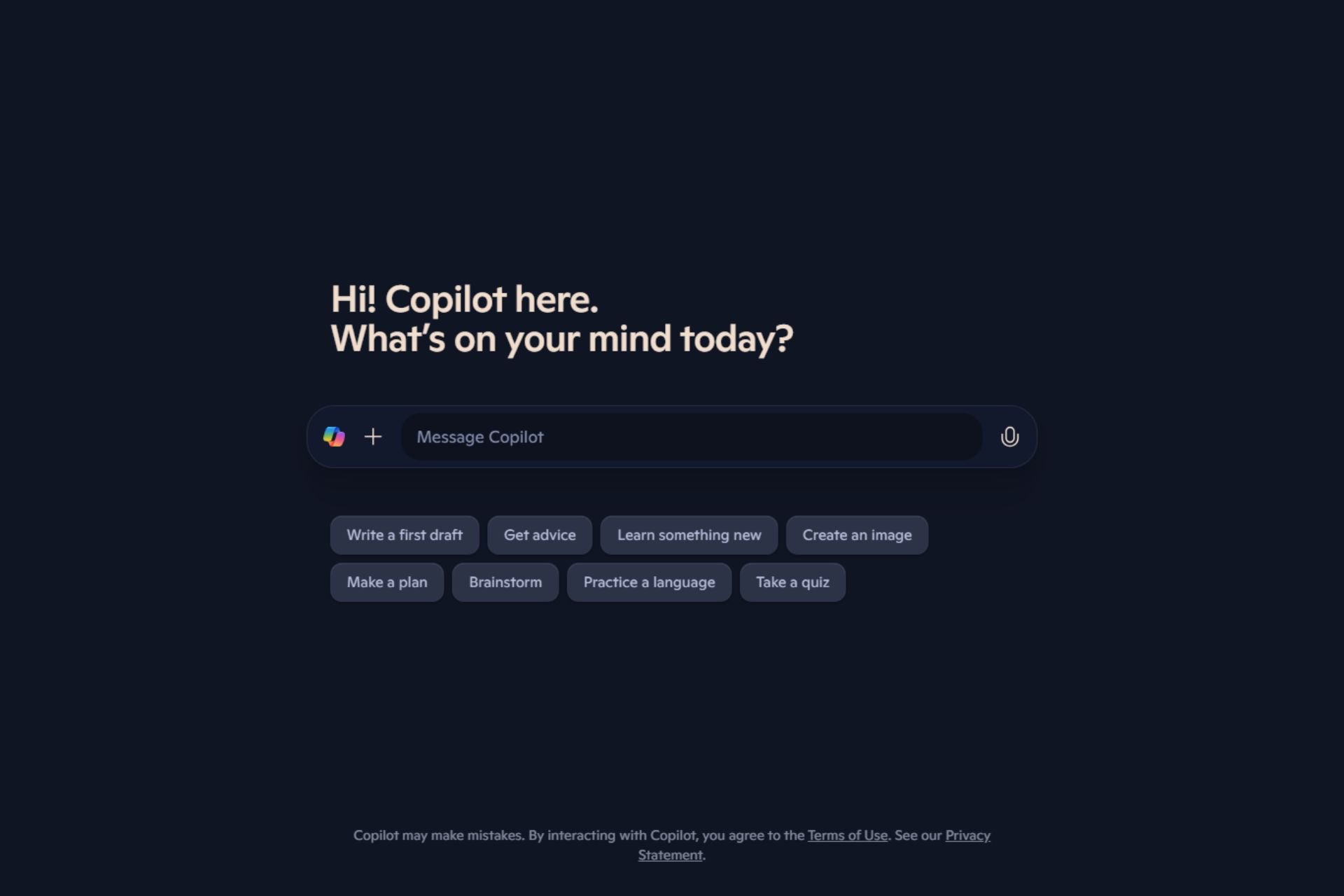




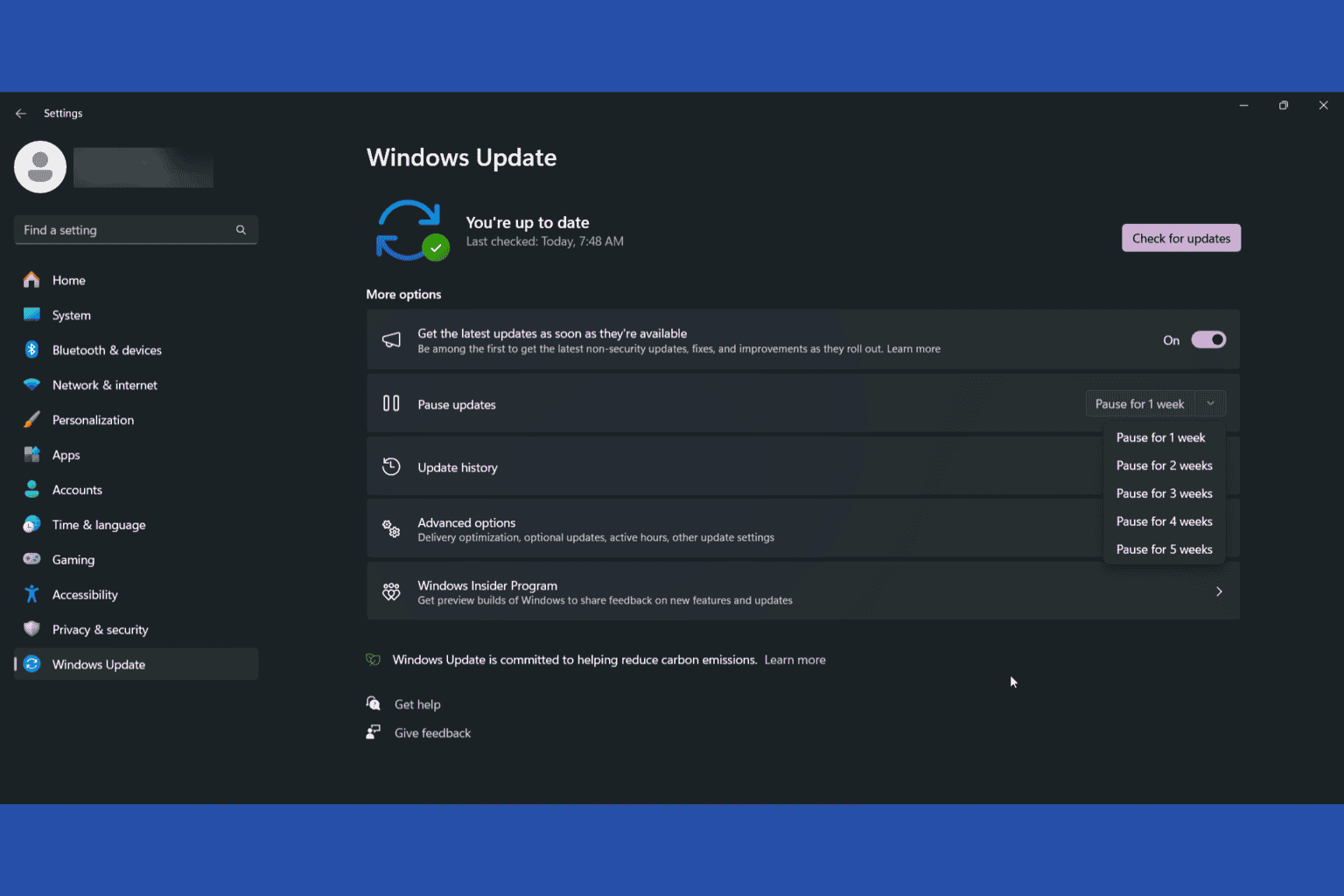
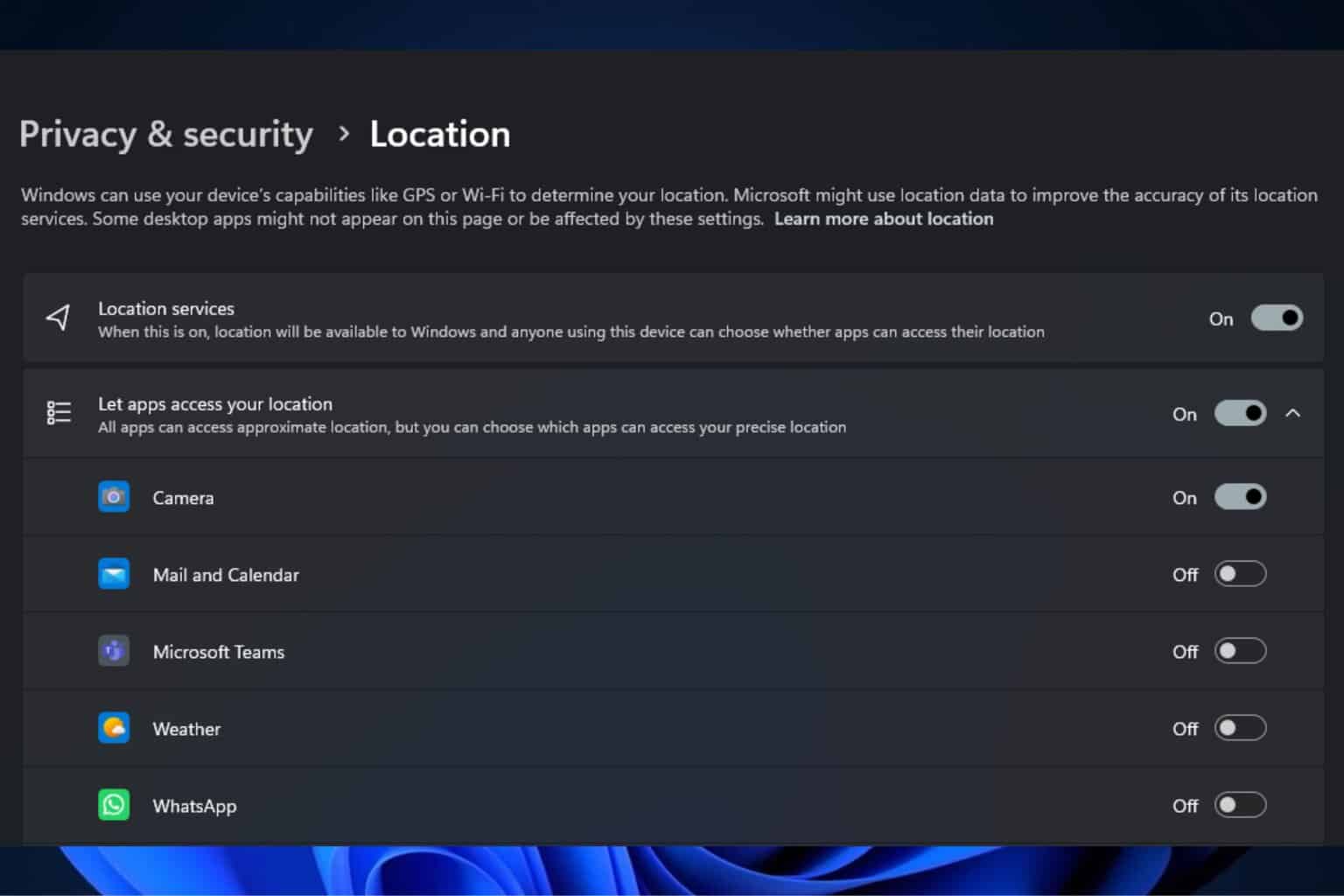
User forum
0 messages